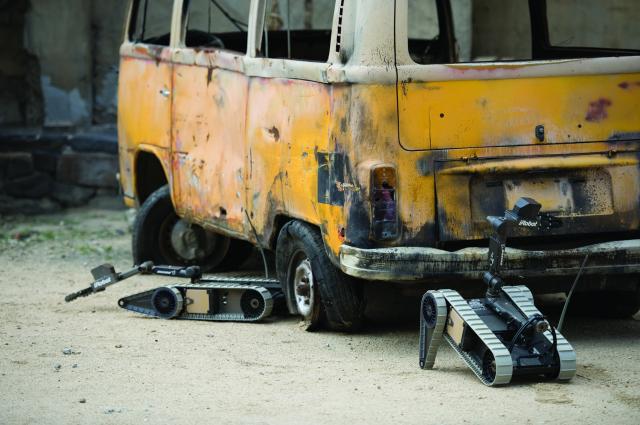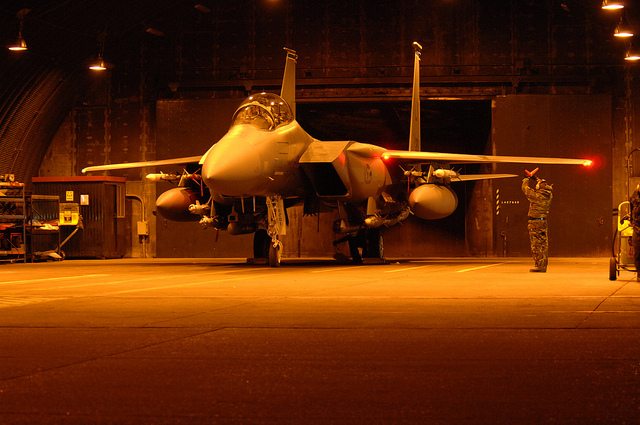Robots have great potential to enhance human effectiveness in military and other defense missions. Ground robots have already saved many lives and have prevented thousands of other casualties in explosive ordinance disposal (EOD) missions. Compared to humans and animals, however, the mobility and manipulations capability of robots currently in service is poor. If these limitations were overcome, robots could much more effectively assist warfighters and other DoD personnel across a greater range of missions.
DARPA’s Maximum Mobility and Manipulation (M3) program seeks to create and demonstrate significant scientific and engineering advances in robot mobility and manipulation capability. If successful, M3 will significantly improve robot capabilities through new approaches to engineering better design tools, fabrication methods and control algorithms.
M3 consists of four parallel tracks:
Track 1, Design tools: To develop tools that enable prototypes to be built with predicted mobility and manipulation performance, DARPA has contracted with Carnegie Mellon University, Jet Propulsion Laboratory, University of California Santa Cruz, Raytheon and Vecna Technologies.
Track 2, Fabrication methodologies: To develop printing and self-assembly processes that require substantially less time and expense to assemble robot components than present methods, DARPA has contracted with Cornell, Harvard and Tufts Universities, and University of California, Berkeley.
Track 3, Control methods: To develop and demonstrate intermediate-level controls for mobility and manipulation, including environment-based dynamic gait selection, dynamic gait and body mass modulation, and dynamic stability control, DARPA has contracted Carnegie Mellon and Case Western Reserve Universities, Georgia Tech Research Institute, iRobot, Massachusetts Institute of Technology, Tekrona, and University of California at Santa Barbara.
Track 4, Technology demonstration prototypes: To design and construct technology prototype robots and subsystems to spur innovation in the above areas, DARPA has contracted with Boston Dynamics, Carnegie Mellon University, HRL, iRobot, Massachusetts Institute of Technology, Oregon State University, Other Lab and the University of Florida’s Institute of Human and Machine Cognition.











